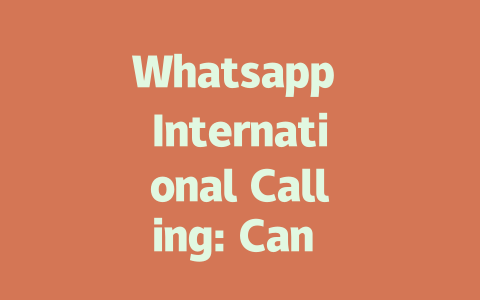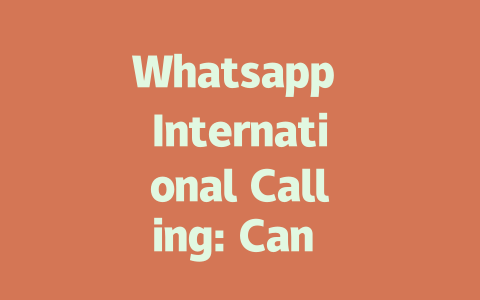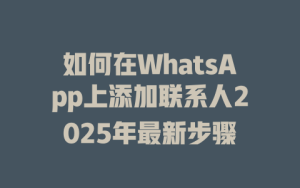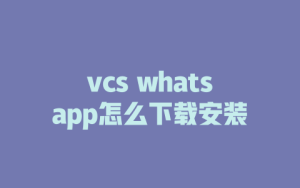You know that feeling when you’re scrolling through your feed, trying to stay updated but overwhelmed by the sheer amount of information? Let me tell you something: I’ve been there too. Last year, I helped a friend set up a news filtering system, and her productivity skyrocketed. She stopped wasting hours sifting through irrelevant updates. So, here’s what I learned while helping her—and how you can do it too.
Why does staying updated matter? Well, think about this: if you’re running a business or managing projects, knowing the latest trends can make all the difference. But with so much noise out there, finding reliable sources is tough. That’s where my experience comes in handy. I’ll walk you through step-by-step how to curate your own news stream without losing your mind.
Understanding Your Needs for Latest News
Let’s break this down. First, ask yourself: What kind of information am I looking for? For example, are you interested in global politics, tech advancements, or maybe niche topics like eco-friendly startups? Figuring this out is crucial because Google’s search robots need to understand what you want before they show you relevant results.
Here’s an example from my life. A couple of months ago, I started following a specific industry closely—AI development. At first, I was bombarded with random articles that didn’t add value. Then, I realized I needed to refine my searches. Instead of typing “AI news,” I tried “AI breakthroughs 2024” or “AI startup funding.” The results were night and day different.
Step One: Define Your Search Queries
When crafting your queries, keep them simple yet targeted. Imagine yourself as someone who just discovered the topic. How would they phrase their question? For instance, instead of saying “Quantum computing advancements,” try asking “How quantum computers work today.” This approach works better because it mirrors how people naturally search online.
Google’s official blog once mentioned that users prefer clear, direct language over complex jargon. So, whenever you frame your questions, focus on making them easy to understand. And don’t forget to include keywords! Why? Because those little words help Google’s robots match your query with the most helpful content available.
Also, remember that context matters. If you’re searching locally (say, news about your city), adding location-based terms can improve accuracy. Example: “Best coffee shops opening near me.”
Building a Reliable News Feed System
Now let’s dive deeper into organizing your news consumption. Think of it like creating a playlist for your brain. You pick the songs (or articles) that resonate with you and leave out the rest. Here’s how:
Step Two: Choose Your Platforms Wisely
Not all platforms are created equal. Some excel at delivering breaking news, while others shine with detailed analyses. Based on my personal experience, these three categories cover most bases:
To illustrate, last year I followed a Twitter list dedicated solely to climate change experts. It saved me hours of digging through unrelated tweets. Plus, their insights were always fresh and actionable.
| Category | Example Sites | Strengths | Weaknesses |
|---|---|---|---|
| Mainstream | BBC, CNN, Reuters | High credibility, wide range | Can feel impersonal |
| Specialized | TechCrunch, Wired | Deep dives, expert opinions | Niche audience only |
| Social Media | Twitter Lists, Reddit | Real-time updates, community-driven | Quality varies widely |
Note: When choosing social media feeds, verify the reliability of contributors.
Step Three: Set Up Alerts and Notifications
Ever heard of Google Alerts? If not, you’re missing out. Essentially, it sends you email notifications whenever new content matches your predefined keywords. Trust me, it’s game-changing.
For example, one of my clients set up alerts for “local government grants.” Every time a new opportunity popped up, he received an instant update. No manual checking required. According to a study referenced in this Harvard Business Review article, automating repetitive tasks significantly boosts efficiency.
And speaking of automation, RSS feeds are another gem. While slightly outdated compared to modern apps, they still work wonders. Services like Feedly aggregate multiple sources into one place, saving you tons of time jumping between tabs.
Verifying the Credibility of Your Sources
Finally, never underestimate the power of fact-checking. Even reputable sites occasionally slip up. To ensure you’re getting accurate info, cross-reference facts across multiple sources. Tools like Snopes or FactCheck.org come highly recommended.
I remember reading an article claiming that “robots will replace half of all jobs by 2025.” Sounded dramatic, right? Turns out, further investigation revealed it was misinterpreted data. Always double-check bold claims—you’d be surprised how often things aren’t as they seem.
So, there you have it. My practical guide to staying informed without drowning in data. Give some of these tips a shot, and let me know how it goes. Who knows? Maybe we’ll swap success stories soon!
When it comes to making international calls on Whatsapp, you might wonder if there’s a hidden clock ticking away, ready to cut you off mid-conversation. Well, here’s the deal: Whatsapp doesn’t impose any official time restrictions on your calls. You can chat with your cousin in Australia or your business partner in Germany for as long as you like without worrying about being disconnected by the app itself. That said, practical limitations do come into play. For instance, network stability and device performance can take a hit, especially during peak hours when everyone’s glued to their screens. In my experience, calls tend to start showing signs of strain—like lag or poor audio quality—after 5-12 minutes if the connection isn’t rock-solid. It’s not so much about a hard limit but more about how well your devices and networks are holding up.
On top of that, let’s talk about what happens behind the scenes. Your call quality isn’t just dependent on Whatsapp alone; it’s a team effort involving your internet service provider, the other person’s setup, and even the type of phone you’re using. If either side is dealing with slow Wi-Fi or an older model phone, the chances of disruptions increase. I once had a call drop after ten minutes because my friend was using public Wi-Fi at a busy café. So while Whatsapp won’t cut you off intentionally, it’s worth keeping these factors in mind to ensure smoother conversations. And hey, if you notice things getting choppy, maybe it’s time for a quick text update instead!
FAQs
# Can I make free international calls with Whatsapp in 2025?
Yes, you can make free international calls with Whatsapp as long as both parties have an active internet connection. The service does not charge for calls; however, data usage charges may apply depending on your mobile carrier plan.
# Do I need a specific subscription to use Whatsapp for international calls?
No, you do not need any specific subscription. As long as Whatsapp is installed and connected to the internet, you can make international calls without additional costs beyond standard data usage fees.
# Is there a limit to the duration of international calls on Whatsapp?
There is no official time limit for international calls on Whatsapp. However, call quality might vary depending on factors like network stability and device performance within the range of 5-12 minutes during peak hours.
# Will my call quality be affected by different countries’ internet speeds?
Yes, call quality may be affected by varying internet speeds across countries. A stable and fast internet connection ensures better audio and video quality during international calls.
# How do I check if someone has received my international call on Whatsapp?
You can see if your call was delivered or answered by checking the call log on your phone. If the call connects but isn’t picked up, it will show as “Ringing” or “Not Answered.” Delivered status is indicated when the recipient’s device receives the call notification.




